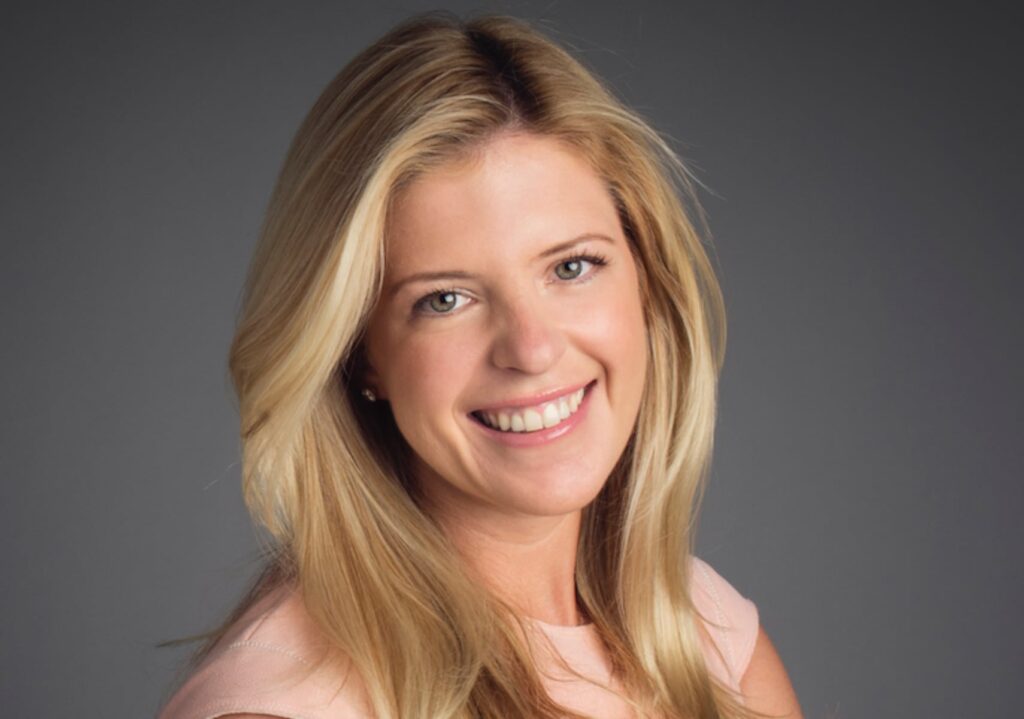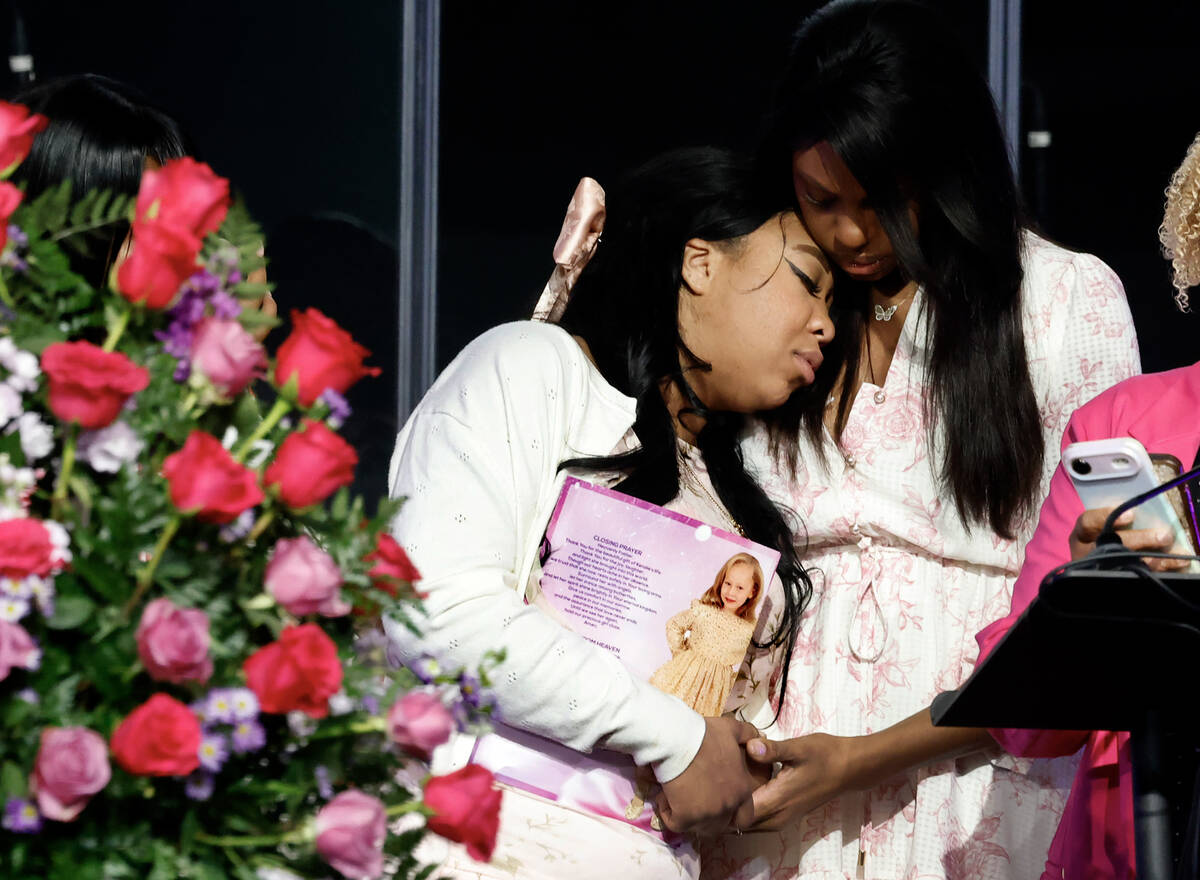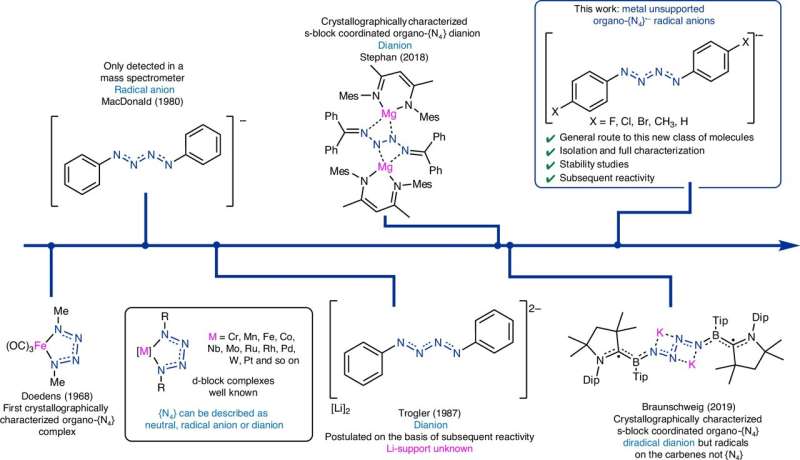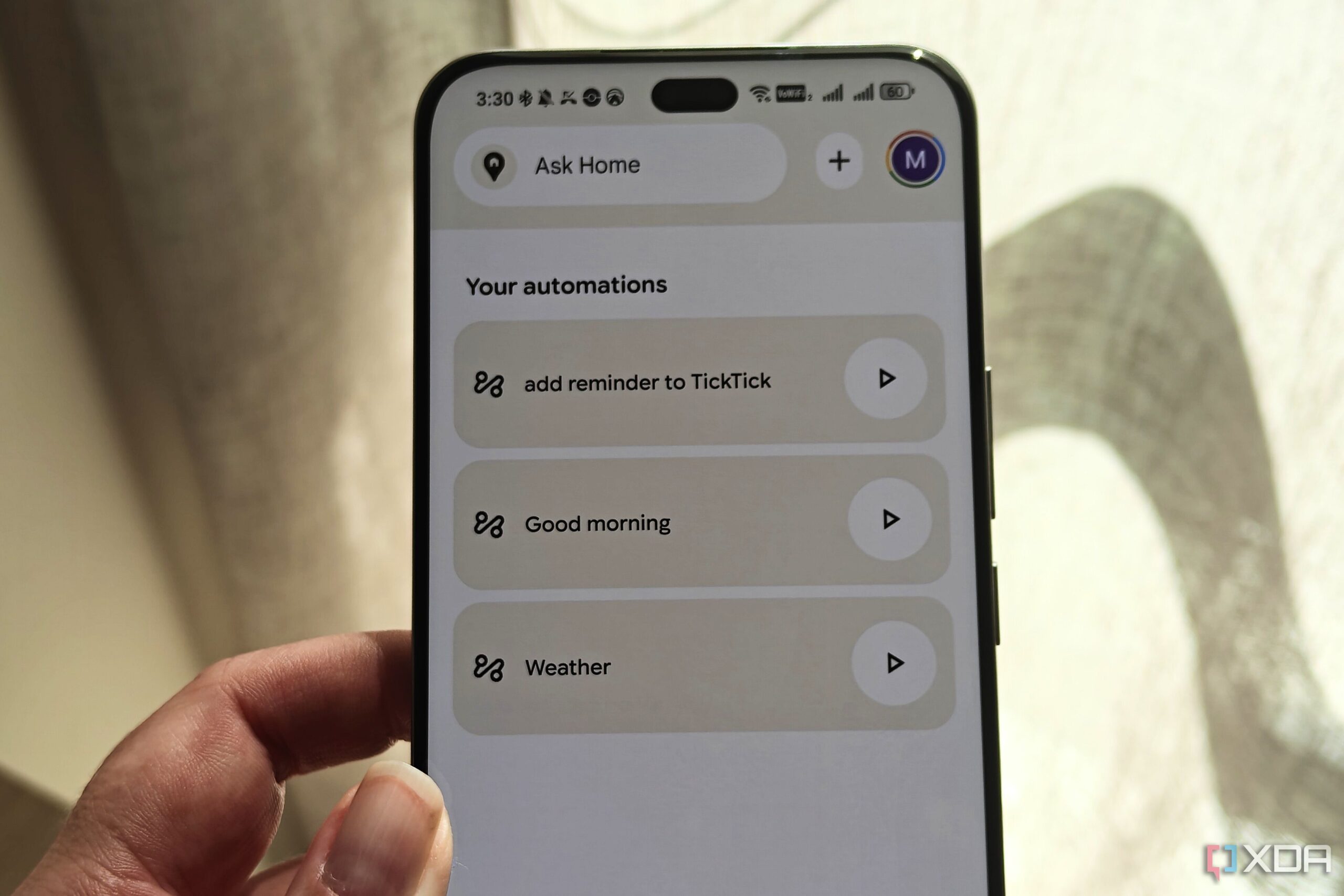
A sibling relationship has deteriorated significantly for one individual, who shared her struggles in a recent advice column. The letter, addressed to columnist Annie Lane, highlights the emotional turmoil faced by the writer, known as Hurt but Hopeful, as her sister has grown increasingly distant over the past year. Once inseparable, their bond has been strained by dismissive remarks and a lack of communication.
In her letter, Hurt but Hopeful recounts a time when she and her sister shared everything, supporting each other through significant life challenges, including their parents’ divorce and the death of their mother five years ago. Recently, however, their conversations have turned tense, with the sister often responding with criticism regarding various aspects of Hurt but Hopeful‘s life, including her parenting and personal choices.
Family gatherings have also become uncomfortable, as the sister makes pointed comments that leave Hurt but Hopeful feeling hurt and small. Despite attempts to address the issue, including expressing her feelings directly, Hurt but Hopeful has not received the reassurance she seeks. Instead, her sister either denies that there is a problem or dismisses her concerns, suggesting that she is “too sensitive.”
The emotional toll of this situation has led Hurt but Hopeful to seek guidance, especially as her father advises her to simply let go of the relationship. Yet, she grapples with the idea that doing so would mean losing a crucial connection to her family.
Understanding the Dynamics of Sibling Relationships
In her response to Hurt but Hopeful, Annie Lane emphasizes the complexity of sibling relationships, noting that they can evoke both positive and negative emotions. She reassures the writer that she has already taken important steps by reaching out and attempting to communicate openly. Annie suggests that the way people treat others often reflects their own struggles rather than the worth of the person receiving the treatment.
She highlights that when individuals experience unhappiness or insecurities, they may inadvertently project these feelings onto those closest to them. While this behavior is not justified, understanding this dynamic might help Hurt but Hopeful avoid internalizing her sister’s criticisms.
Annie encourages her to maintain a healthy distance, suggesting that giving her sister space could allow for reflection. “Sometimes silence speaks louder than words,” she notes, advising Hurt but Hopeful to focus on relationships that foster positivity rather than guilt.
The columnist quotes the renowned author Maya Angelou, stating, “When someone shows you who they are, believe them the first time.” This serves as a reminder that while it is possible to love a sibling, it is also crucial to protect one’s own emotional well-being.
In navigating relationships, it may be beneficial to strike a balance between maintaining hope for reconciliation and recognizing when it is necessary to step back for personal peace.
As Hurt but Hopeful reflects on her situation, the advice from Annie Lane offers valuable insights into managing familial ties that have become strained. Ultimately, prioritizing mental health and embracing healthy boundaries can lead to a more fulfilling life, regardless of the outcome with her sister.
For readers experiencing similar challenges, seeking guidance and support from trusted individuals or professionals can provide clarity and strength in addressing complex emotional dynamics.
If you would like to submit your own questions or seek advice, you can reach out to Annie Lane at [email protected].
For more insights, follow Annie Lane on Instagram at @dearannieofficial.






